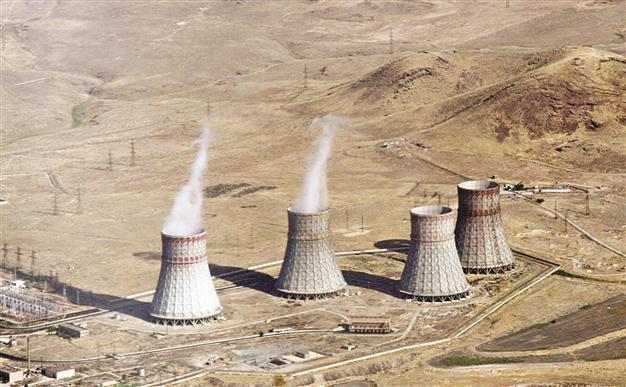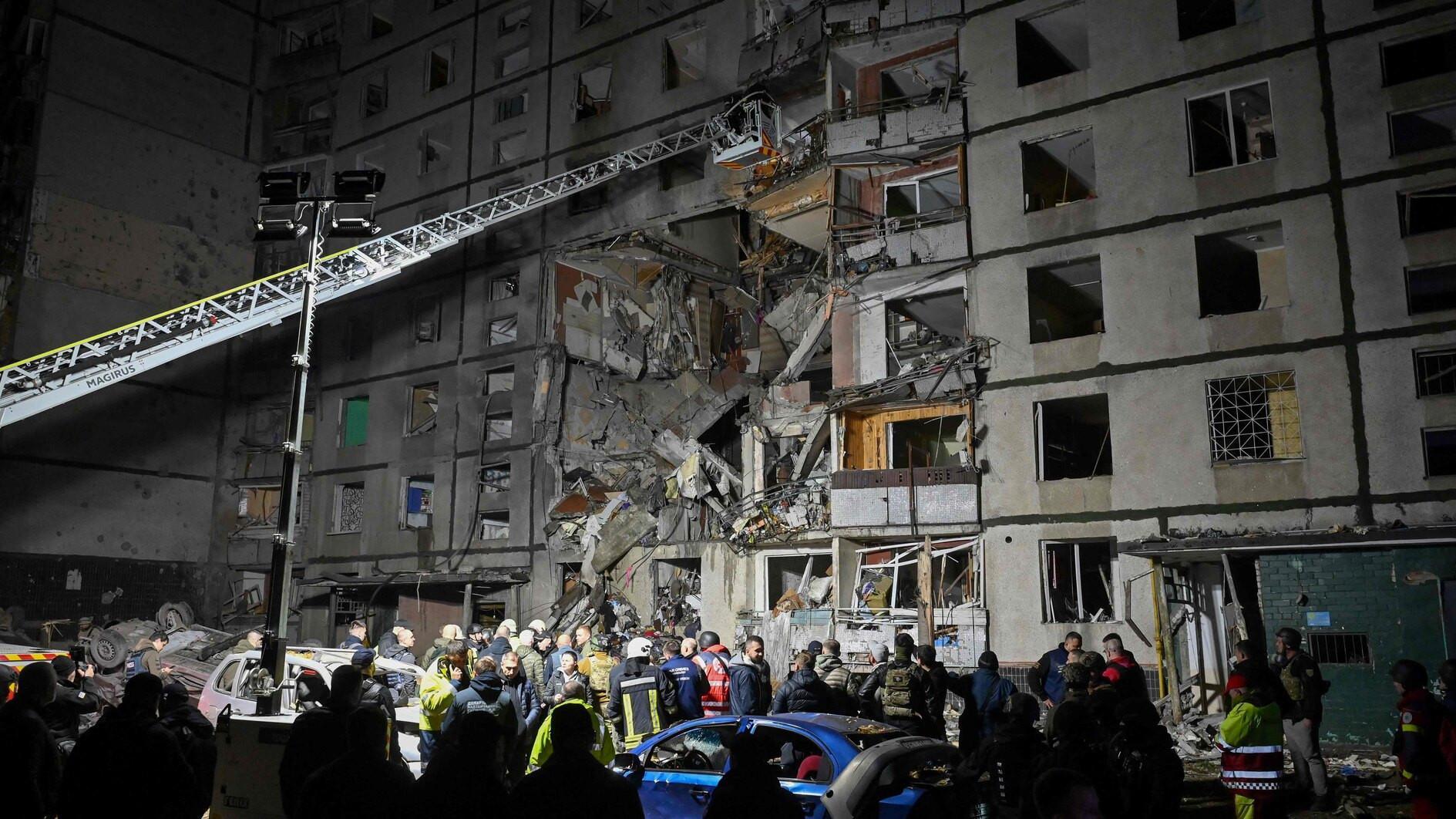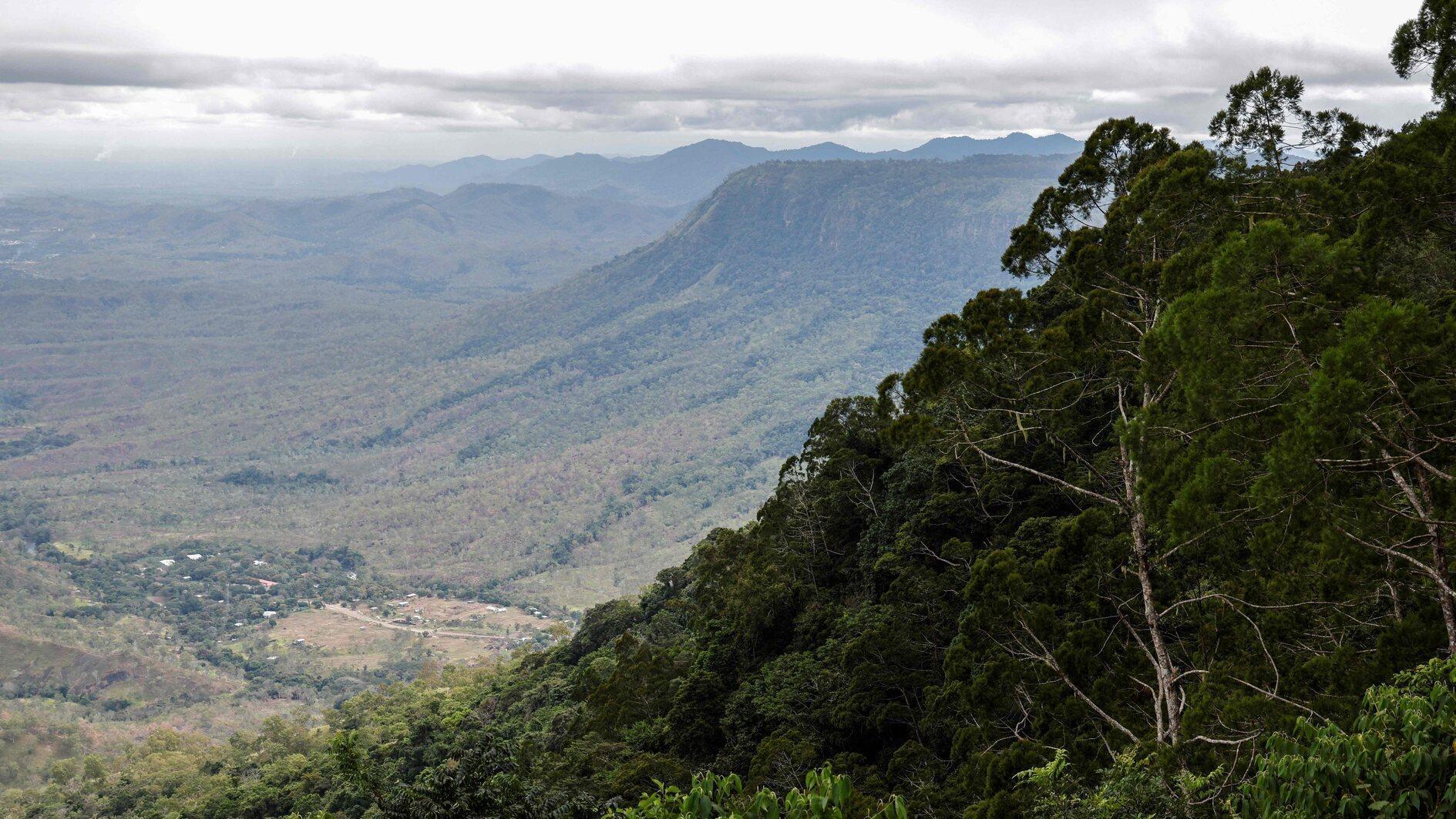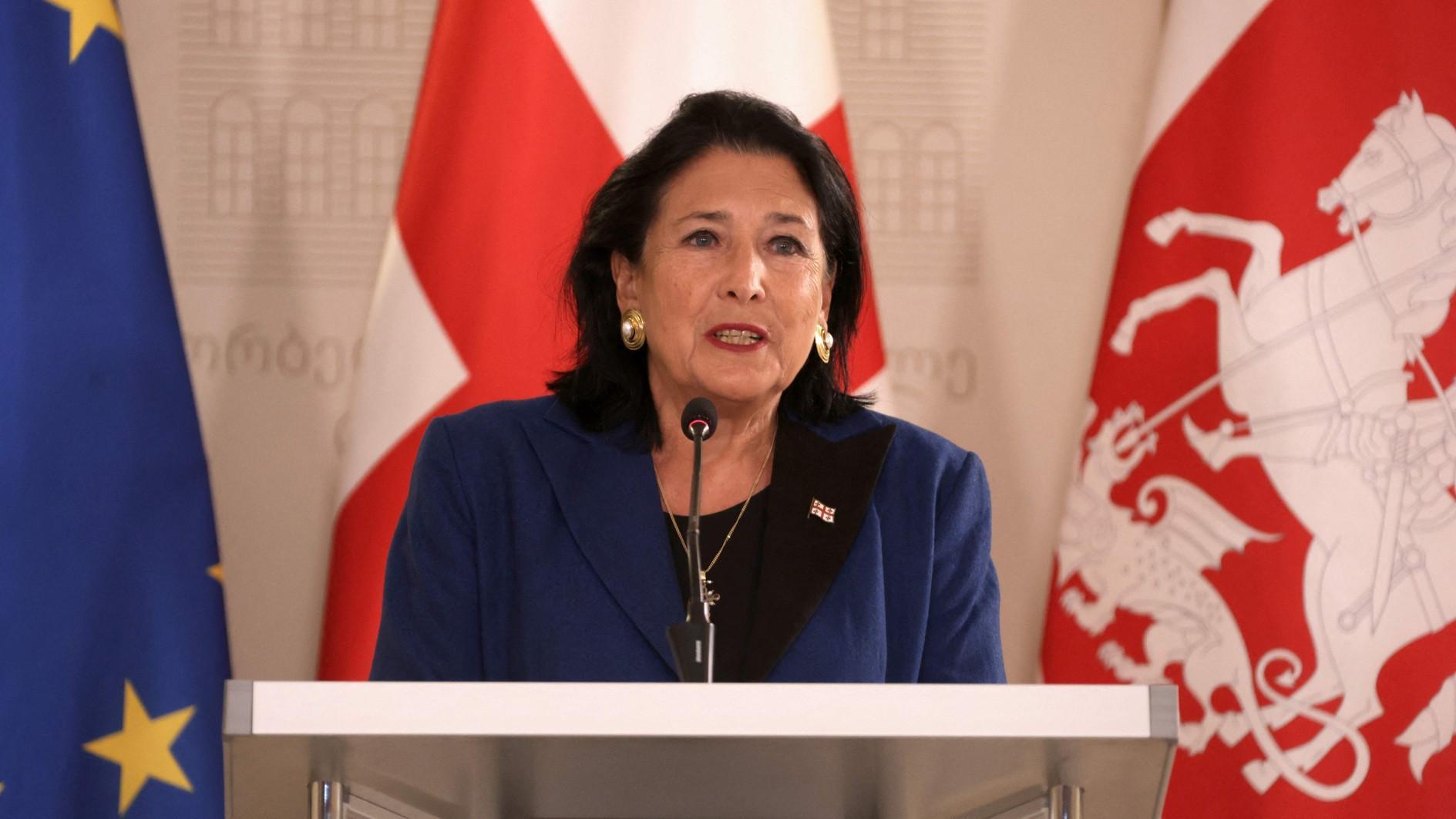Fears not eased over Armenian nuke plant
KORIYAMA, Japan

Situated in an earthquake zone just 25 kilometers from the Turkish border, Armenia’s Metsamor nuclear plant remains a great concern for Turkey and neighbors.
Armenia’s Metsamor nuclear plant, situated in an earthquake zone just 25 kilometers from the Turkish border, remains a great concern for Turkey and Armenia’s other neighbors, Turkish and U.N. atomic officials said Dec. 15.“The regions close to our eastern border are considered critical locations, vulnerable to possible radiological consequences, where urgent protective measures should be taken in the event of an accident,” Zafer Alper, president of the Turkish Atomic Energy Authority (TAEK), told members of the international nuclear community in Japan’s Fukushima prefecture.
‘Increase transparency’
Yukiya Amano, secretary-general of the International Atomic Energy (IAEA), also said Metsamor’s operator needed to increase transparency in managing the aged facility.
The IAEA is not responsible for implementing regulations in any country, Alper told the Hürriyet Daily News on the sidelines of the event in Koriyama to discuss nuclear safety, adding that Azerbaijan was also threatened by the plant. Armenia will postpone the closure of the disputed facility for 10 years until 2023, Armenian Energy Minister Armen Movsisyan announced late in October.
Responding to a Daily News question during a meeting, Amano said neighbors were worried about nearby nuclear plants from time to time.
EU’s stress programs
Amano, however, said Armenia was already beginning to cooperate on the plant. “No one is perfect. It is important to improve the level of safety and, for the neighboring country, the level of confidence.”
Turkey, which is itself bidding to build nuclear plants to cut its dependence on foreign energy, transformed TAEK’s Emergency Preparedness and Coordination Unit into the Disaster and Emergency Management Center following the March 2011 Fukushima disaster, Alper said.
In addition to studies with the IAEA, Turkey has also voluntarily agreed to join the European Union’s stress test programs and performed tests for the first plant in the southern province of Mersin, being developed by Russia’s Rosatom. Authorities are waiting for the results – a fact that gives Turkey a chance to shape its plant in accordance with requirements, he said.
















